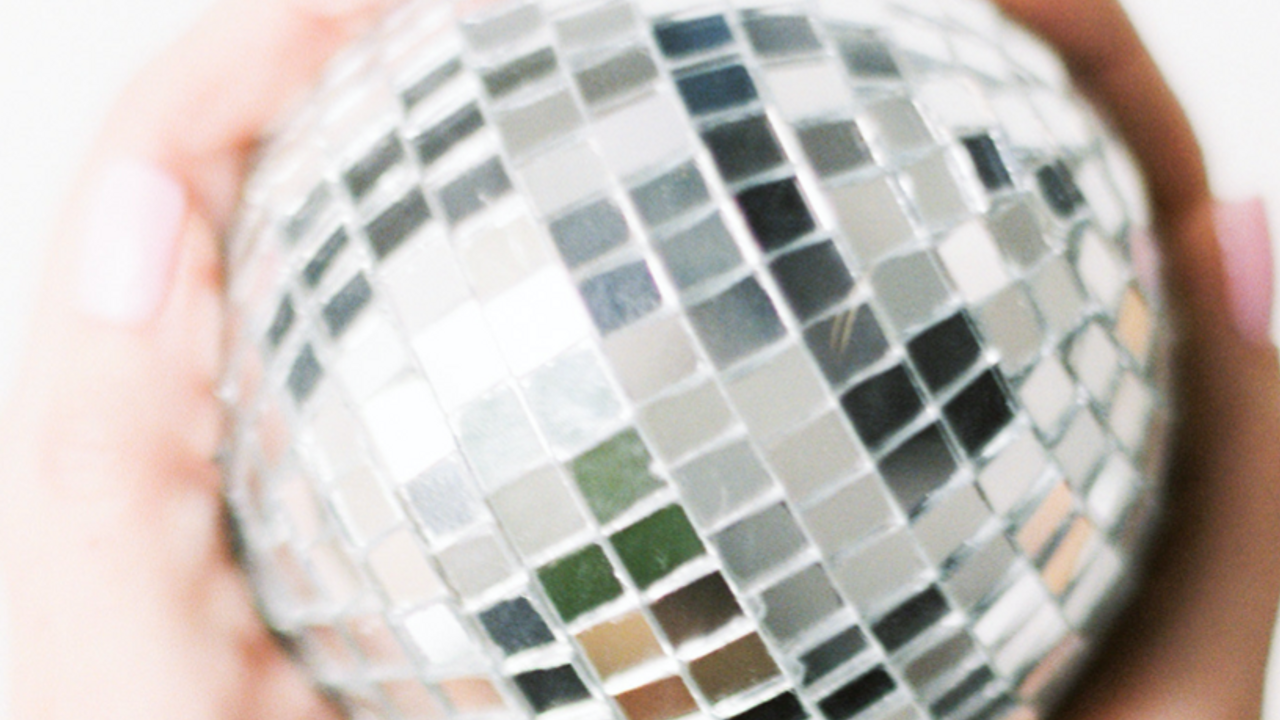Hello, I am your Anesthesiologist
May 09, 2017
It is still dark out when I walk into the busy and bustling preoperative area where 35 different patients and their family members crowd into small bays. They hand over their personal belongings to the RNs and their trust to me. As I walk in, I grab my patient’s hand, smile and say, “Hello. My name is Dr. Shillcutt, I am a Cardiac Anesthesiologist, and I am going to take care of you today.”
I am an anesthesiologist, which means I take care of patients who are sick or injured and need surgery. I do “put you to sleep”; but more importantly, I wake you up. When I first told my mother I was going to pursue a career in anesthesiology, she looked at me confused and said, “Wait, there are special doctors that give anesthesia?” Haha! There are a lot of misconceptions about what anesthesiologists do, and I cannot tell you how many times I have been asked, “What exactly do you do for a living?”
Anesthesiologists are the guardian angels of the operating room. Their primary purpose is to keep you alive so you can undergo whatever procedure you need. While we may only meet you shortly before we take you to the operating theater, chances are we have researched your medical issues and discussed any special circumstances or concerns with our surgical partners before we see you. We understand disease processes and are experts in physiology, or how the body works. Unlike many physicians, we do not order others to administer drugs to our patients; we give them directly to patients under our care. We use drugs specific to anesthesiology and we are experts in resuscitating patients who are in shock or have suffered a trauma. We are the physicians who are called whenever there is a “code blue” and we rapidly respond to emergencies and care for the sickest of the sick.
Before your surgery, we render you unconscious to protect your brain and your heart. We take away your pain, listen to each heart beat, give you oxygen, breath for you, make sure your organs are getting blood flow, and relax your muscles. We monitor your kidneys, order and administer blood if you need it, and check your heart on ultrasound if necessary. We make sure we have access to your blood vessels, we check your electrolytes, and can even monitor your brain waves if needed. We are in essence your support system, literally and figuratively, from start to finish of the operation. While your surgeon focuses on completing the task she sets out to do to heal you, we support that mission by keeping you alive, protected, and safe. We work closely with your surgeon to make sure that your body’s needs are met while he is operating. The operating room is a unique and special environment: two specialists, both with completely different training and tasks, but with the same agenda: to heal you.
There are many different types of anesthesiologists. There are anesthesiologists who take care of the tiniest of patients, OB anesthesiologists who care for laboring mothers, ones that work in intensive care units and care for patients after surgery, and pain anesthesiologists that treat chronic and acute pain states. There are anesthesiologists who perform nerve blocks, and ones like myself, who take care of patients undergoing heart transplants and valve surgeries and receiving mechanical hearts.
As with all physicians, we come in all personality types. Yet there is a common theme with anesthesiologists. Most of us are focused, detail and task oriented, and have good manual dexterity. We are multi-taskers, and listening to each of your heartbeats gives us security and peace. We understand that while we may have only met you five minutes before we take you to the operating room, and you may never remember us, your trust in us is a precious and vital gift and we will do whatever we can to return you to your full and upright position.
My mom is now one of my biggest supporters as an anesthesiologist. After having learned all I do, I am happy to say she understands exactly what an anesthesiologist does, and we have had several laughs over her previous misconceptions. While I hope you aren’t in need of an anesthesiologist any time soon, if you are, perhaps now you will better understand our role. Your life is our life work.
Feeling stretched thin? I can show you 10 ways to get back TWO HOURS in your week!
DOWNLOAD MY FREE TOOLKIT AND GET BACK HOURS OF TIME IN YOUR WEEK.
YES, YOU CAN.
We hate SPAM. We will never sell your information, for any reason.


